Nestled on the west coast of Hokkaido, Japan, the city of Otaru is a picturesque destination renowned for its serene beauty, especially during the winter months when it is blanketed in pristine white snow. This tranquil city, with a population of about 100,000, has long been a favorite among tourists, partly due to its starring role in the 1995 romance blockbuster "Love Letter." However, Otaru's growing popularity has recently led to a surge in overtourism, posing significant challenges for local authorities and residents.
Otaru's charm lies in its historic architecture, scenic views, and the nostalgic atmosphere that permeates the city. The film "Love Letter," directed by Shunji Iwai, played a pivotal role in putting Otaru on the global tourism map. The movie, which tells the story of a fiancée and a high school crush coming together to retrace the life of a deceased man, features several iconic scenes shot in Otaru. One such location is Funamizaka, a neighborhood that offers an elevated view of a quintessential Japanese street lined with wooden houses, their doors buried under mounds of snow. At the end of the slope, visitors are treated to a panoramic view of the Sea of Japan.
This cinematic legacy has drawn countless tourists to Otaru, particularly during the winter season. In 2024, the city recorded 98,678 overnight international visitors, the highest number on record. This figure does not include day-trippers from Sapporo, Hokkaido's capital, located about 25 miles (40 kilometers) southeast of Otaru.
While Otaru's popularity is a testament to its allure, it has also brought about significant challenges. The influx of tourists has led to disruptions in daily life for local residents. Reports of unruly behavior, including trespassing on private property and obstructing road traffic, have become increasingly common. These issues came to a head following the tragic death of a 61-year-old Hong Kong tourist on January 24. The woman was struck and killed by a train while taking photos on the tracks at Asari Station, a spot known for its scenic views of the coastline and passing trains.
In response to these incidents, Otaru City Hall has taken proactive measures to manage the situation. Security guards have been deployed to key areas, including Funamizaka, to display banners warning against bad tourist behavior. These guards remind visitors that littering and obstructing roads are prohibited and that offenders will be fined. During peak hours, local police have also been deployed to assist in managing the area. These security measures are expected to last until at least March 31.
The challenges faced by Otaru are not unique. Across Japan, several other destinations are grappling with the effects of overtourism. In May 2024, the small town of Fujikawaguchiko, located at the base of Mount Fuji, had to erect a large black net to block the view of a popular photo spot at a convenience store. The store, set against the backdrop of Mount Fuji, had become a daily tourist hotspot, inconveniencing local residents. The net was removed in August after the craze subsided.
Other well-known tourist destinations have also implemented measures to control the growing flow of tourists. Ginzan Onsen, a popular hot spring town known for its scenic snowy views and traditional Edo-period architecture, began limiting entry to day-trippers during peak season in December 2024. Located in the Yamagata region, about 260 miles north of Tokyo, Ginzan Onsen is speculated to have inspired Oscar-winning animator Hayao Miyazaki's film "Spirited Away."
Mount Fuji and Himeji Castle, Japan's largest castle located in western Hyogo Prefecture, are also considering raising entry fees for visitors. These measures aim to mitigate the impact of overtourism while preserving the cultural and natural heritage of these iconic sites.
The rise of social media has played a significant role in fueling overtourism in Otaru. Platforms like Xiaohongshu (Red Note), a popular Chinese social media app, are filled with posts and videos from tourists sharing tips on how to recreate the best angles from "Love Letter." One user wrote, "Because of your letter, I came to Otaru," referencing a plot point from the movie and providing tips for the best view of Funamizaka. Another user posted a video of Tenguyama, a mountain featured in the film, captioning it, "The snow in Hokkaido is my love letter to winter this year."
These posts not only attract more tourists but also contribute to the pressure on local resources and infrastructure. The increased attention has led to a growing awareness among local authorities of the need to balance tourism with the preservation of local culture and quality of life for residents.
The measures taken by Otaru City Hall are not aimed at discouraging tourism but rather at ensuring that visitors enjoy the city while respecting its local community and environment. The security guards deployed in Funamizaka and other areas serve as a reminder that while Otaru welcomes tourists, it is essential to adhere to local regulations and norms.
Local officials emphasize that the security measures are a response to the overall increase in international visitors, not specifically targeting any particular nationality. The goal is to create a harmonious coexistence between tourists and residents, ensuring that Otaru remains a cherished destination for all.
Otaru's struggle with overtourism is a microcosm of the broader challenges faced by popular destinations worldwide. The city's efforts to manage the impact of tourism while preserving its unique charm and cultural heritage offer valuable lessons for other destinations grappling with similar issues.
As tourism continues to grow, it is crucial for local authorities, residents, and visitors to work together to ensure that the benefits of tourism are balanced with the need to protect and preserve local environments and communities. Otaru's proactive approach to managing overtourism serves as a model for sustainable tourism practices, emphasizing the importance of responsible travel and respect for local cultures.
In the end, the allure of Otaru lies not just in its scenic beauty and cinematic legacy but in the warmth and hospitality of its residents. By fostering a culture of respect and sustainability, Otaru can continue to welcome visitors from around the world while preserving its unique identity for generations to come.

By Joshua Howard/Feb 7, 2025
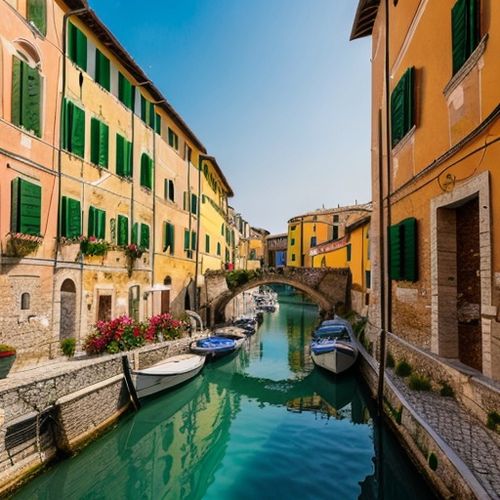
By Sophia Lewis/Feb 7, 2025

By Natalie Campbell/Feb 7, 2025
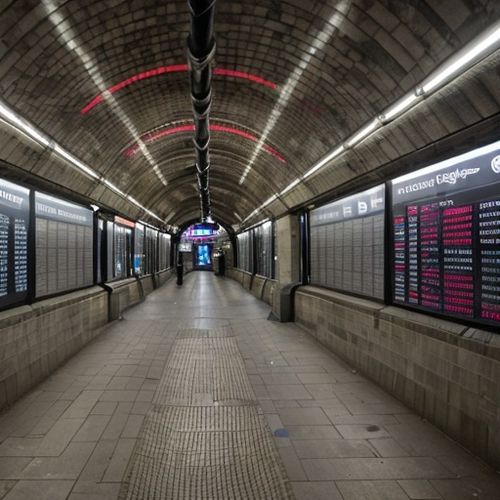
By Sarah Davis/Feb 7, 2025
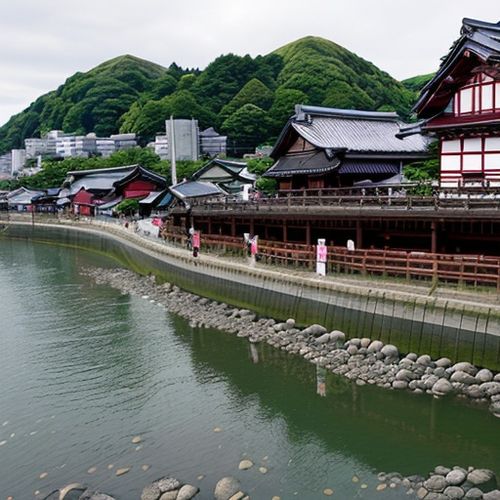
By Amanda Phillips/Feb 7, 2025

By Daniel Scott/Feb 7, 2025

By Elizabeth Taylor/Feb 7, 2025

By Laura Wilson/Feb 7, 2025

By Laura Wilson/Feb 7, 2025

By Rebecca Stewart/Feb 7, 2025

By John Smith/Jan 1, 2025
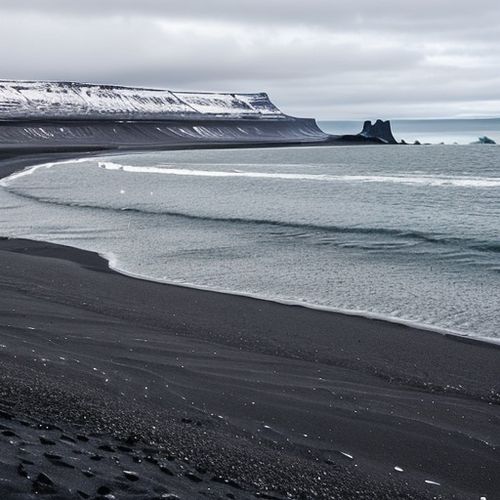
By Joshua Howard/Jan 1, 2025
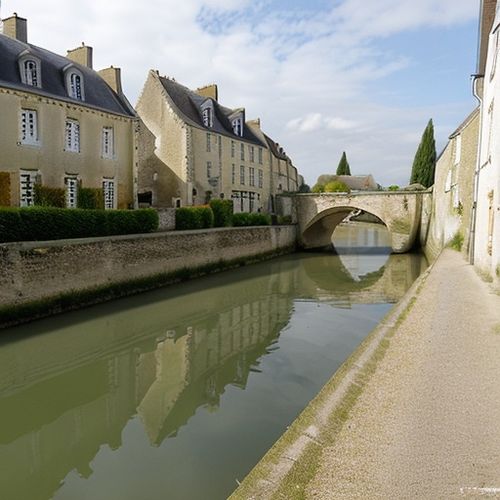
By Emma Thompson/Jan 1, 2025
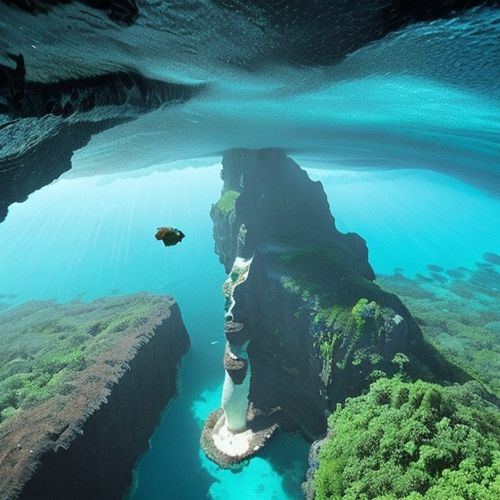
By Noah Bell/Jan 1, 2025
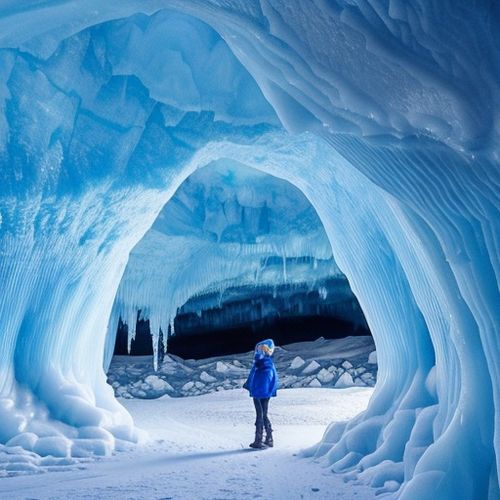
By Joshua Howard/Jan 1, 2025
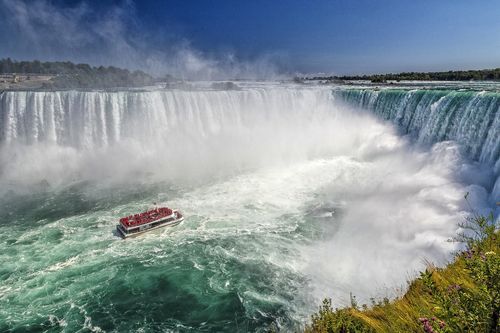
By Emily Johnson/Jan 1, 2025

By Emma Thompson/Jan 1, 2025
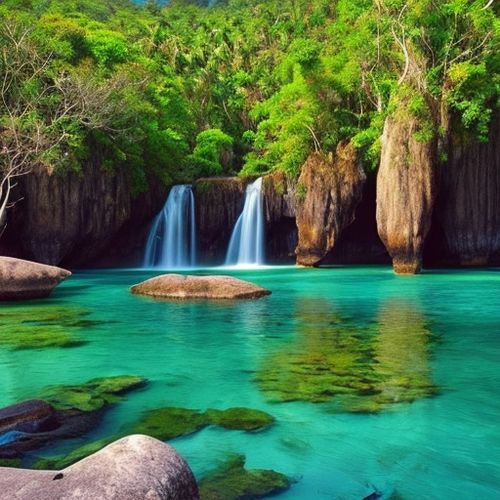
By Victoria Gonzalez/Jan 1, 2025

By Lily Simpson/Jan 1, 2025

By Benjamin Evans/Jan 1, 2025